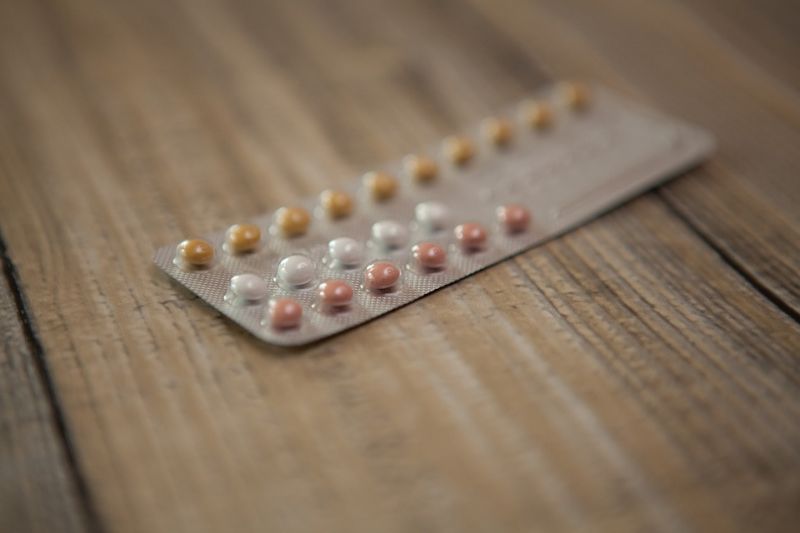Male Fish Exposed to Chemicals in Water Becoming More Feminine
Published on by Water Network Research, Official research team of The Water Network in Academic
Male fish are turning into females thanks to chemicals from birth control pills and makeup being flushed down drains, according to a new study.

Professor Charles Tyler of the University of Exeter in Britain (and colleagues) has conducted a study of the impact of chemicals from human waste treatment plants in rivers and streams on the fish that live in them. He has told the press before presenting the findings formally that they have found a very large number of male fish exhibiting female characteristics.
Tyler and his team are scheduled to offer a lecture at this year's Symposium of the Fisheries Society in the British Isles at Exeter University outlining their findings. Among other things, they have observed male fish laying eggs and signs of other male fish becoming transgender.
The problem, he said, is the chemicals that flushed down the toilets, many of them in our urine. One source in particular has become a major concern—birth control pills. They have a major impact on creatures living in the water systems where chemicals removed from wastewater are dumped. Another group of chemicals causing a lot of problems for underwater creatures is antidepressants. Just as in humans, they cause behavioral changes in fish—making some less shy, for example, which makes them easier for prey to catch. Other chemicals in cleaning agents, plastics and cosmetics are also causing problems for fish and other wildlife.
The study of freshwater fish in Britain found a fifth of males are now showing feminine traits — including producing eggs, a reduced sperm count and less aggressive behavior — due to gender-bending chemicals found in the contraceptive pill, cleaning agents, plastics and cosmetics, the Telegraph reports.
“We are showing that some of these chemicals can have much wider health effects on fish [than] we expected,” the University of Exeter’s Professor Charles Tyler told the paper.
“Using specially created transgenic fish that allow us to see responses to these chemicals in the bodies of fish in real time, for example, we have shown that oestrogens found in some plastics affect the valves in the heart.”
And contraceptives aren’t the only human pills messing with marine life — previous studies have shown antidepressants in the water are also putting some pep in their paddle, he added.
Sources: New York Post and Phys.org
Media
Taxonomy
- Pharmaceuticals Waste
- Contaminant Removal
- Ecosystem Management
- River Studies
- River Restoration
- Waste Management
- Animal Health